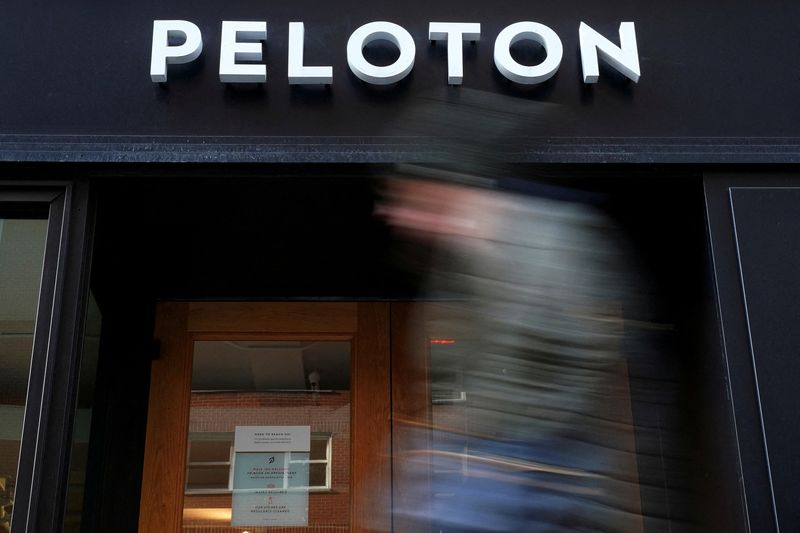This post was originally published on this site
https://i-invdn-com.investing.com/trkd-images/LYNXMPEJ0J0GH_L.jpg
DUBLIN (Reuters) – While the prospect of global recession casts a long shadow over the snowy peaks of Davos this week, the mood was mostly sunnier at another gathering of executives – the owners of most of the world’s planes – 1,700 kilometres away in Dublin.
The world’s top aircraft lessors – a bellwether for the wider economy – lined up to predict a bumper 2023, buoyed by China’s earlier than expected lifting of travel curbs and a belief consumers would continue to prioritise travel amid a cost of living crunch.
“Our industry is still climbing out of – call it a 100-year event, call it a macro shock of epic proportions. So a normal recession looks pretty good compared to our entire customer base grounded for two years,” said Andy Cronin, chief executive of the world’s third largest lessor, Avolon.
“We are bullish and these are the reasons why I suspect there’s a disconnect between the Davos in Switzerland and the Davos in Dublin,” Cronin told Reuters.
Cronin was one of many executives in Dublin confident that “revenge travel” – the idea that after years of lockdowns people are determined to holiday – would continue to drive demand and airfares up this year.
Aengus Kelly, chief executive of No.1 lessor AerCap, added on stage that consumers had bought as many flat screen TVs, Xboxes and Peloton (NASDAQ:PTON) bikes as they need.
Airlines are continuing to see surging demand with Ryanair, Europe’s largest by passenger numbers, reporting two weeks of record bookings this month and predicting a high single digit percentage rise in air fares this summer.
Cronin, whose firm owns or manages almost 600 aircraft, said airlines were now much more nimble if they did need to reduce capacity in response to any pockets of weakening demand after many restructured their cost base during the COVID-19 crisis.
The recovery has also allowed lessors to push up lease rates on the more than half of the world’s airline fleet they control, while many executives acknowledged that inflation is also kind to owners of hard assets, so long as it does not get out of control and lead to wider economic problems.
However, China’s reawakening was the source of most optimism, given 40% of Asian traffic typically originates or arrives there, according to Cronin.
“It’s a good time to be a lessor,” said Tony Diaz, chairman of the smaller Zephyrus Aviation Capital.
THE IRISH GRANNY
A small number of executives were more circumspect. David Houlihan, president of top 10 lessor Dubai Aerospace Enterprise (DAE), said the previously travel shy “Irish granny” could be the industry’s “canary in the coal mine.”
“Nowadays, the Irish granny is flying everywhere,” Houlihan told the Airline Economics conference. “For me, when Irish grannies stop travelling, that means there’s something wrong in the market place.”
Ryan McKenna of U.S. based Griffin Global Asset Management, perhaps the most pessimistic CEO to speak over the three days, doubted the post-COVID enthusiasm to travel could continue unabated and said this would ultimately result in some reduction in “ultra high” fares and passenger demand in Western markets.
“It’s easy to take that first vacation because you haven’t had one in two years. It’s probably easy to take that second one too,” Robert Korn, president and co-founder of fast growing Carlyle Aviation Partners, added.
“But as families start to get to the third, fourth, fifth one, and we’re all facing inflationary times, I think there’s really a strong question how long any of this demand will hold.”

